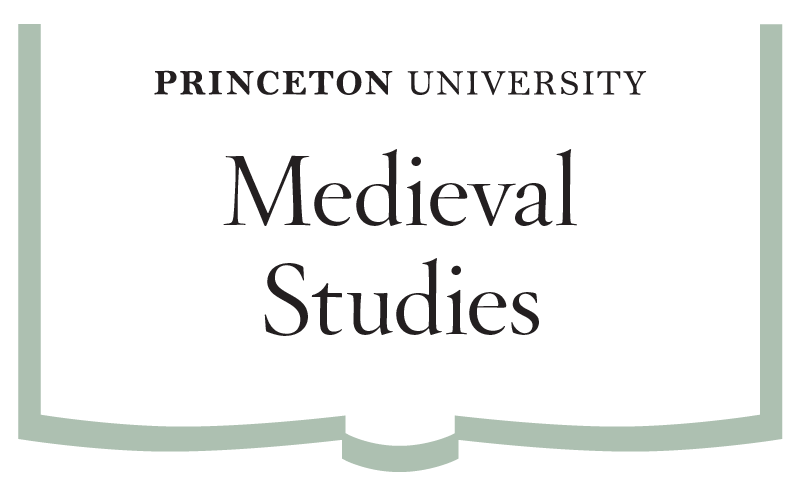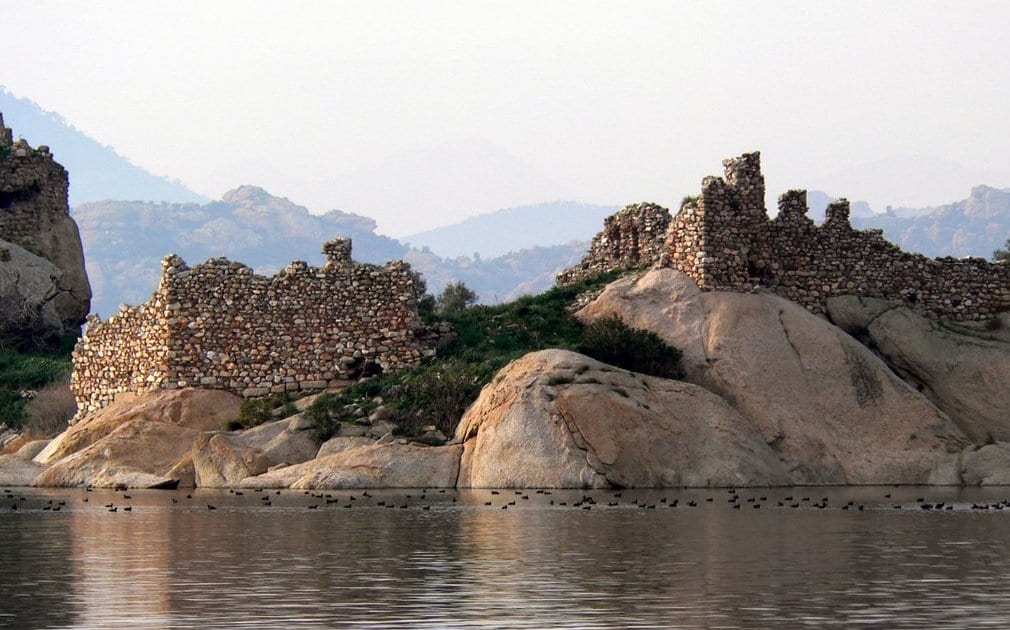The Climate Change and History Research Initiative, in partnership with the Environmental History Lab of the Program in Medieval Studies, and with the support of the Humanities Council, launches a new series of six online seminars entitled “Past Answers to Current Concerns: Approaches to Understanding Historical Societal Resilience.”
How did environmental and climatic changes, whether sudden high impact events or more subtle gradual changes, impact human responses in the past? How did societal perceptions of such changes affect behavioral patterns and explanatory rationalities in premodernity? And can a better historical understanding of these relationships inform our response to contemporary problems of similar nature and magnitude, such as adapting to climate change? The Climate Change and History Research Initiative (CCHRI) has been working on this initiative for four years now, and we have made considerable progress in developing strategies to enable palaeoscientists, archaeologists, and historians to talk to one another and resolve issues of scale. One of our main foci has been to think about the ways in which socio-environmental asymmetries with different degrees of socio-political complexity and population density precondition the potentials for inherent resilience under environmental stress. By analyzing historical societies as complex adaptive systems, we also contribute to contemporary thinking about societal-environmental interactions in policy and planning.
To expand our analytical tool-kit we are pursuing the application of Collaborative Conceptual Modeling (CCM) in combination with ‘qualitative scenario storylines’ (QSS), a technique used to translate quantitative modeling into real-world scenarios. We want to apply both these approaches to the adaptation of historical data about past societal responses and resilience to contemporary and future planning, and to achieve this we engage specialists from the fields of history and archaeology, as well as the field of risk assessment and future planning.
The presentations are open to the public. Each set of papers will be followed by a Q & A session of 30 minutes, after which the public section will close and a specialist project team discussion will follow. Please see the list of seminars below. Registration and Zoom information for each seminar is listed below.
Tuesday, October 6, 13:30
Seminar 1: Lessons from the past? Terms of the debate and some examples
Hugh Elton (Ancient Greek & Roman Studies, Trent University), John Haldon (History, Princeton) and Adam Izdebski (Max-Planck-Institute for the Science of Human History, Jena)
General introduction and a case study: How does an empire reconfigure itself? Rome and Byzantium, 5th – 8th centuries CE
Lee Mordechai (Hebrew U Jerusalem) and Merle Eisenberg (National Center for Socioenvironmental Synthesis, Annapolis)
How do pandemics affect early medieval societies?
Tim Newfield (History & Biology, Georgetown U) and Dr. Annelise Binois (University of Copenhagen)
The societal impacts of livestock plagues
Open discussion
Register here for Seminar 1
Tuesday, October 13, 13:30
Seminar 2: Risk Management and Historical Theory
Luke Kemp (Centre for the Study of Existential Risk, U Cambridge)
Participatory Pasts and Fuzzy Futures: Tools to View History as a System
Steven Hartman (University of Iceland)
UNESCO’s Principles for Sustainability Science as Guidelines for Formulating Qualitative Scenario Storylines (QSS) and Collaborative Conceptual Modeling (CCM)
Open discussion
Register here for Seminar 2
Tuesday, October 20, 13:30
Seminar 3: Managing Risks: Some Farmers’ Perspectives
Benjamin Trump (US Army Corps of Engineering R & D Center)
Using History to Understand Current Challenges with Resilience and Systemic Risk
Edda Fields-Black (Dept of History, Carnegie Mellon University), Travis Folk (Folk Land management, Inc.) and Daniel Hanks (Clemson University, Department of Forestry and Environmental Conservation)
Queen Rice: modeling human and natural systems of historic rice fields in the Gullah Geechee corridor in the face of climate change and sea level rise
Open discussion
Register here for Seminar 3
Tuesday, October 27, 13:30
Seminar 4: Failing Strategies 1
Tom McGovern (Hunter College CUNY)
Success and Failure in the Norse N. Atlantic: Origins, Pathway Divergence, Extinction and Survival
Eric Cline (Dept. of History, George Washington University)
After 1177 BCE: Resilience, Resistance, and the Relevance of the Rebirth of Civilizations for Today’s World
Open discussion
Register here for Seminar 4
Tuesday, November 3, 13:30
Seminar 5: Failing Strategies 2
Emmanuel Kreike (History Dept., Princeton)
Tsunamis, El Nino, and War on Aceh, Sumatra
Thayer Patterson & Miguel Centeno (Princeton Institute for International and Regional Studies)
Are all unhappy systems alike? Finding Patterns in Historical Collapses
Open discussion
Register here for Seminar 5
Tuesday, November 10, 13:30
Seminar 6
General team discussion focused around key themes (to be agreed and circulated to speakers, chairs etc.) – what have we learned and where do we go from here?
Open to the wider public for audit only
Register here for Seminar 6













